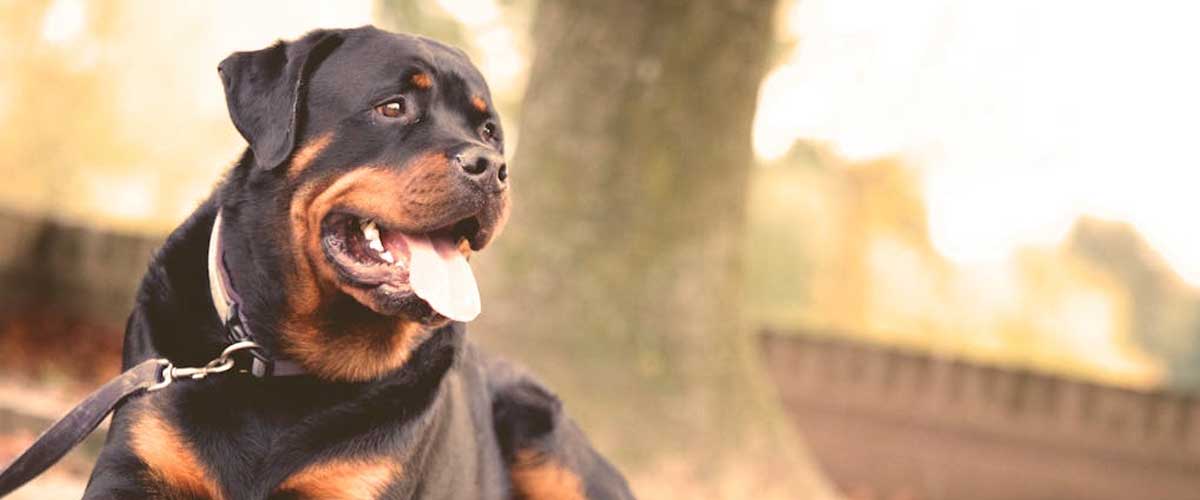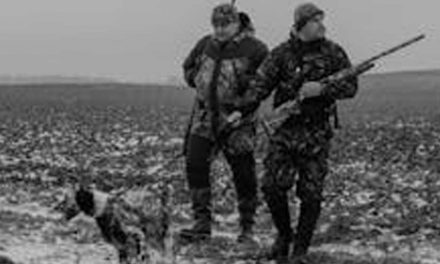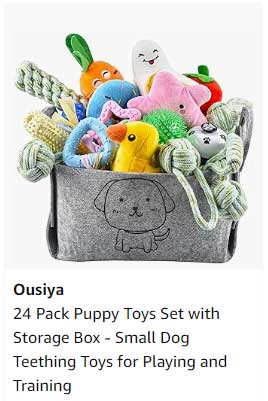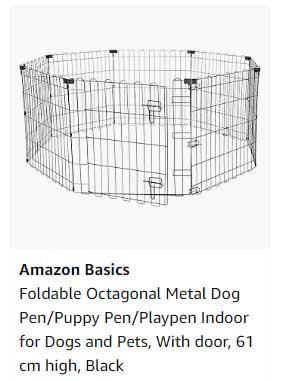In a world where security concerns are on the rise, the role of guard dogs has never been more vital.
These remarkable animals have been serving as protectors and companions for centuries, offering both safety and loyalty.
From residential properties to commercial establishments, guard dogs are an invaluable asset for safeguarding assets and loved ones.
Understanding Guard Dogs
Guard dogs are specifically trained to deter intruders and safeguard their environments.
Unlike general-purpose pets, these dogs undergo rigorous training to develop their protective instincts while maintaining a balance with temperament and obedience.
Common breeds used for this purpose include German Shepherds, Rottweilers, Doberman Pinschers, and Belgian Malinois, each known for their intelligence, physicality, and loyalty.
The Skills and Training of Guard Dogs
Training a guard dog involves more than just basic obedience. Trainers employ a variety of techniques to instill specific skills, including:
1. Bite Work:
Teaching the dog to bite on command or to restrain an intruder without causing unnecessary harm.
2. Obedience Training:
Ensuring the dog stays focused and follows commands from its handler, even in high-pressure situations.
3. Socialization:
Exposing the dog to various people, environments, and situations to help it differentiate between normal and suspicious behavior.
4. Agility and Endurance:
Training to have the physical capability to chase and apprehend intruders if necessary.
A well-trained guard dog not only protects physically but also provides a psychological deterrent against potential threats.
The presence of a guard dog alone can dissuade would-be intruders.
The Benefits of Owning a Guard Dog
1. Enhanced Security:
Guard dogs are capable of detecting intruders before they enter a property, providing an added layer of security.
2. Companionship:
Beyond their protective roles, guard dogs offer companionship and loyalty, forming strong bonds with their owners.
3. Versatility:
Guard dogs can be trained for specific roles, whether it’s guarding a home, business, or even serving in law enforcement.
4. Emergency Response:
In certain situations, guard dogs can assist in emergency scenarios by alerting owners to fire, smoke, or other dangers.
Choosing the Right Guard Dog
Selecting the right guard dog depends on several factors, including the owner’s lifestyle, the environment in which the dog will live, and specific security needs.
It’s crucial for potential owners to consider:
Temperament:
The dog should be confident, alert, and trainable, with a natural disposition for protection.
Space:
Larger breeds often require more space and exercise, which should align with the owner’s living conditions.
Training Needs:
Understanding the commitment required for training is essential.
Professional training can often provide better security than relying solely on instinct.
Responsible Ownership
Owning a guard dog comes with significant responsibilities.
Owners must ensure their dogs are well-trained and socialized, maintain regular vet check-ups, and ensure a safe living environment.
Additionally, it is paramount to focus on training that encourages positive behavior and obedience, ensuring the dog is a reliable protector rather than a potential risk.
Conclusion
Guard dogs are more than just protectors; they become part of the family.
With proper training and care, they provide safety, companionship, and unmatched loyalty.
As security needs continue to grow, the role of guard dogs will remain essential, proving that a dog is indeed a person’s best friend – especially in times of need.









